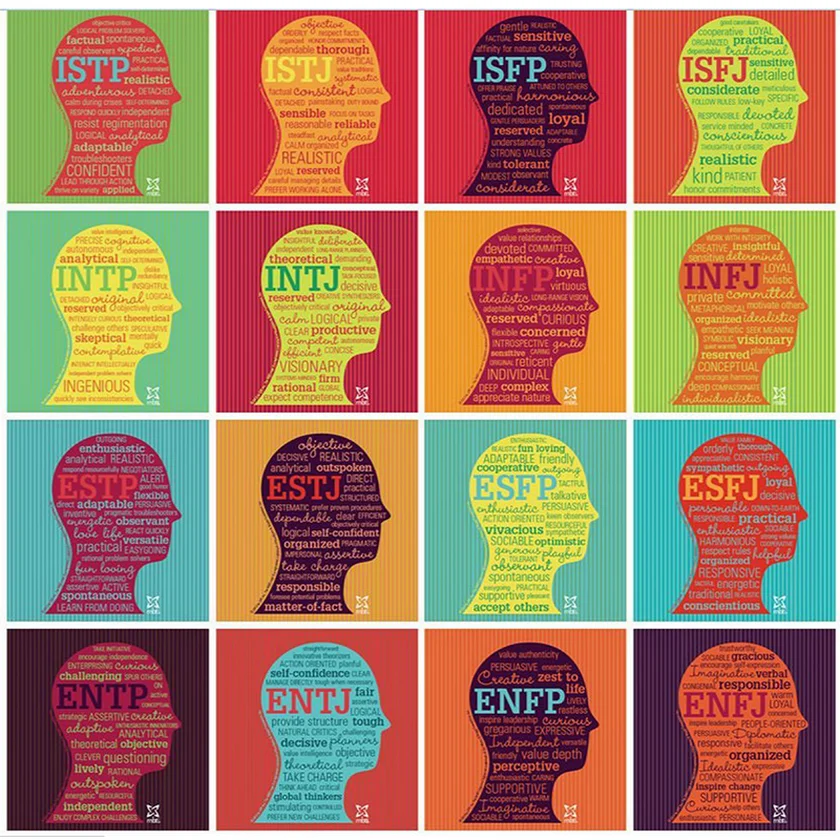The new remote-working world may have led to employee freedom – but has also created numerous challenges. According to the Harvard Business Review, “loneliness is one of the most common complaints about remote work, with employees missing the informal social interaction of an office setting.”
Over time, this might lead to employees to feel like they no longer belong to the organization. And the result is that more and more staffers are leaving companies in search of that feeling of connection somewhere else.
Lack of engagement is easy to spot. Signs include withdrawal during video calls, switching off cameras, and fewer ideas or feedback. Learning how to address it early and engage the employee in open dialogue is an important first step, says Ivana Benešová, a former pharmaceutical executive, now a spokesperson for the Academy of Coaching Excellence (ACE), who has firsthand experience successfully managing a remote team.
“The average leader becomes less effective when working remotely and adapting leadership skills to the remote era is essential for the entire team to succeed,” Benešová says. As many team leaders struggle to motivate employees, low productivity and heavy losses have become recurring issues.
As a graduate of the ACE Practitioner program, Benešová understands how proper training can completely transform the way managers and employees work together in the new normal – so much so that she recently refocused became a full-time professional ACE coach, after the program helped her lead a remote team in the successful launch of ultra rapid insulin during pandemic.
“If you want to change somebody’s behavior you first need to understand his or her feelings and past experience,” Benešová explains, adding that coaches use different tools like the Myers Briggs Type Indicator (MBTI) to understand an individual’s preferred way of communication and how they interact with others.
“A person’s typology helps you understand how different they are, how differently they see the same situation, and what kind of approach will be much more effective,” Benešová says. “In a nutshell, MBTI shows you that people are really different; not better or worse, just different.”
Understanding this can go a long way toward adapting the types of training and resources provided to match an employee’s personality and needs. This also helps understand why some people feel isolated when remote working while others actually thrive on it – and how to adapt your focus to fit those different needs.
While the pandemic situation brought a lot of obvious issues to the forefront, Benešová believes it also brought much more subtle issues that can jeopardize effectiveness even with a skilled leader at the helm. Among these, she explains, is daily workplace companionship.
People share not only ideas and information, they also share little private stories, emotions, jokes, support, they build and maintain trust and feelings of togetherness, a feeling that they belong somewhere,” Benešová says.
“They feel more connected to a group of individuals they know in person than to an intangible corporation. In fact, the kitchen (or any room with a coffee machine) used to be the most important room in the office.”
Benešová says ACE can benefit team leaders and individuals in different walks of life and provide them with tools to deal with the difficulties of remote working while the ACE Practitioner course can also help support new skills.
ACE combines and utilizes coaching, personality typology, and training programs to provide clients, including team leaders and managers, with a unique developmental experience.
It’s the only coaching program in Prague accredited by the two largest international coaching institutions, the International Coaching Federation (IFC) and the European Mentoring and Coaching Council (EMCC). Graduates of the ACE Practitioner program – which lasts 8-10 months – also have the opportunity to receive European Individual Accreditation Award from EMCC and can then begin working as professional coaches.
The ACE Practitioner coach course prepares coaches (and leaders) to help people fulfill their potential. Participants learn to understand themselves better as well as their impact on the people around them, according to Benešová.
“In addition to mastering coaching techniques, participants learn to be curious, go deeper and ask useful questions to raise awareness and transfer responsibility,” she says.
Regardless of what the approach is, it’s important that managers let others know they are invested in the team and open to always discussing expectations, goals, and ways that remote workers can embrace and enhance company culture even when working from home.
“When the team has a vision and shared goal, they do not work to please you, they work to fulfill their purpose in the team and please each other,” Benešová says. “Then you ‘only’ need to keep them going in the right direction, cooperate smoothly, and stay engaged.”
“If there is a healthy trust between the two of you, you will find a solution,” she adds.
In the end, it’s essential that you have a healthy understanding of how people are working in order to help them succeed, Benešová says. “And you always need to be more aware of emotional cooperation, and how to remain human among all the technology and teleconferences.”
This article was written in association with Coaching Systems. To read more about our partner content policies see here.












 Reading time: 4 minutes
Reading time: 4 minutes 





















